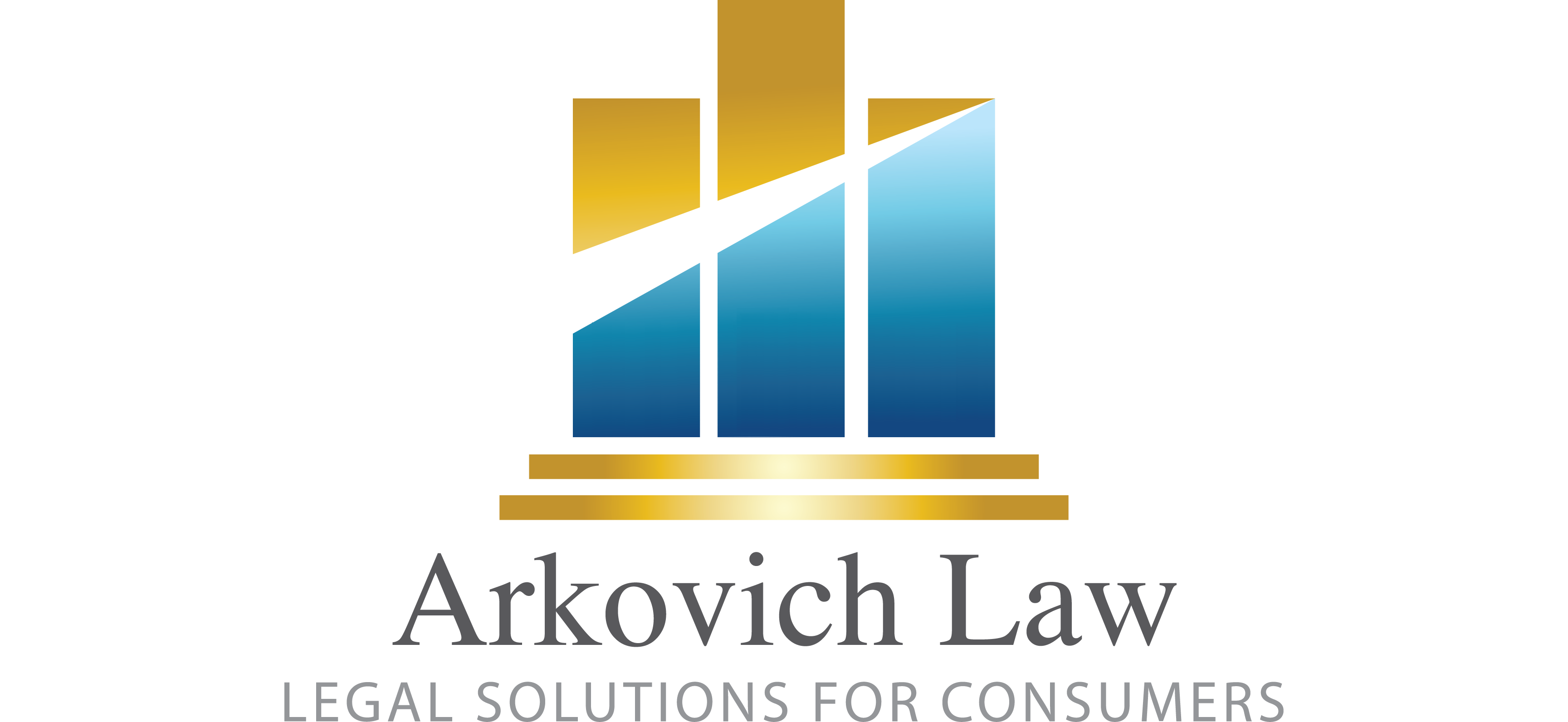 Right now, there is a lot of confusion regarding our federal student loan program. There are multiple federal cases and several injunctions that have pretty much frozen federal student loans.
Right now, there is a lot of confusion regarding our federal student loan program. There are multiple federal cases and several injunctions that have pretty much frozen federal student loans.
A couple things are still working. Total and Permanent Disability discharges of federal student loans, and filing bankruptcy on them.
We’ve written a summary published in the quarterly Cramdown publication for our readers which are primarily bankruptcy attorneys and judges in the Middle District of Florida – located here. We discuss what’s working now in bankruptcy and how to obtain a discharge or IDR credit for Plan payments. Please take a look and if this helps you – you can do this now and not wait for the elections or U.S. Supreme Court rulings.
 Reboot Your Life: Tampa Student Loan and Bankruptcy Attorney Blog
Reboot Your Life: Tampa Student Loan and Bankruptcy Attorney Blog


